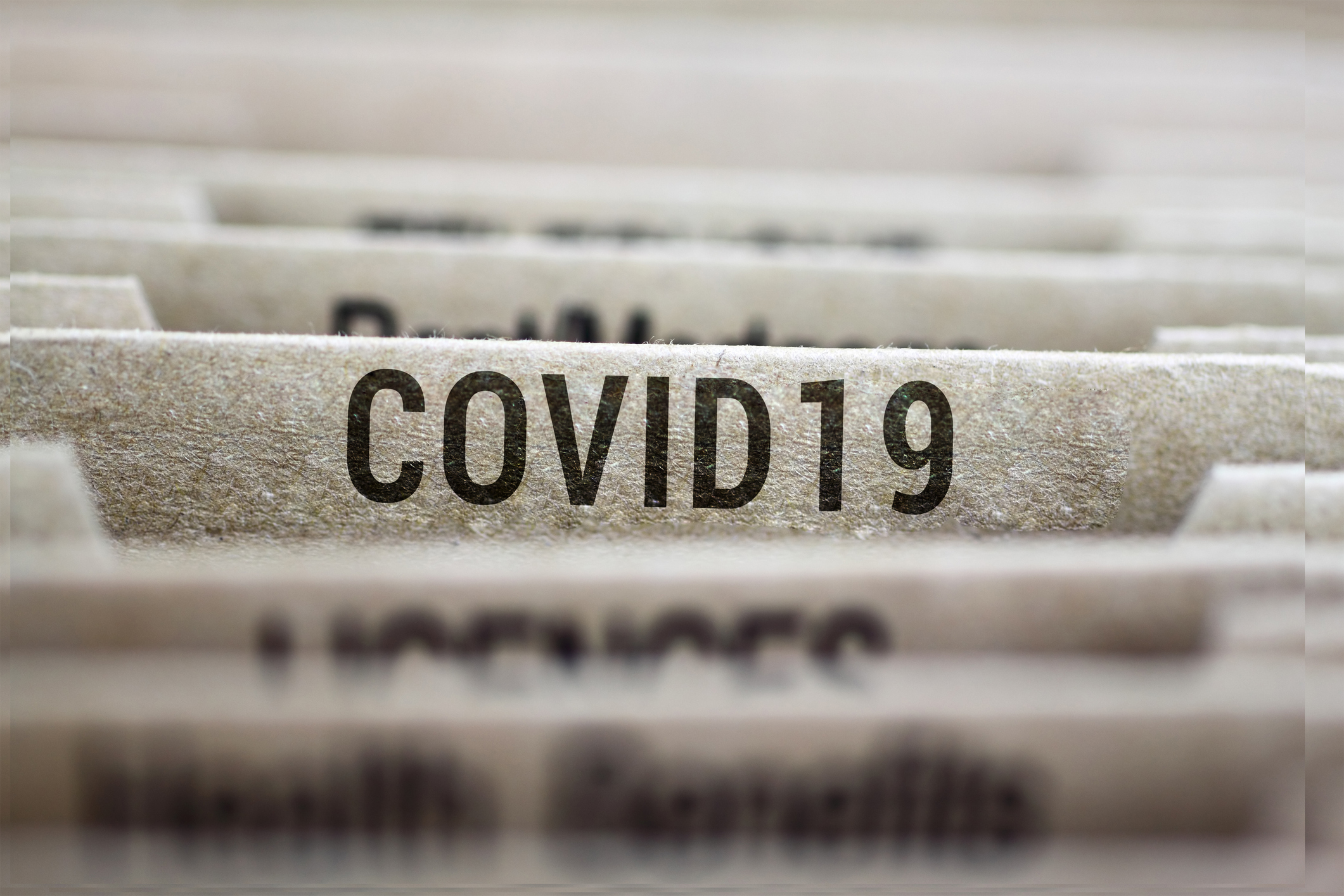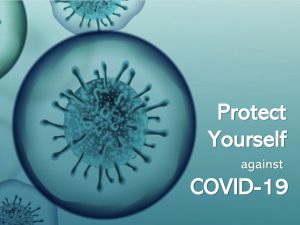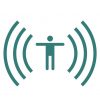
There are a lot of resources, supports and funding opportunities available out there in the world but not everyone knows how to access them. It’s not that they’re inaccessible, it’s just not highly advertised or easy to find unless you know how to locate it. What’s key in all of this is being resourceful especially during a time of great need or a pandemic.
What does it mean to be resourceful?
To be resourceful means being able to find quick, clever, creative and inventive ways of overcoming difficulties, barriers, obstacles and issues. A resourceful person uses on-the-spot thinking and problem solving skills. This means going outside of your comfort zone and thinking outside the box to find not only what you are looking for, but all the available options in order to achieve your desired outcome or goal.
Being resourceful is also about taking initiative. Many people don’t realize that a resourceful person is someone who advocates for themselves or others. Many can be found starting or joining community initiatives or programs. The ultimate goal of being resourceful is looking for the alternatives, finding them and using them.
We often hear people say knowledge is power. The truth of the matter is that they are right, especially when talking about resourcefulness. People want concrete answers and a step-by-step process or link where they can click and easily retrieve information. The more you know about an issue, topic or problem the easier it is to deal with it.
Planning a Resource Guide
There’s no one resource guide that can be created to cover every scenario or situation. After many conversations, my partner, Aaron Frazer, and we have jointly come up with this basic, 5- step resource guide to provide you with some structure and organization.
1) Identify the Resources You Need
In order to locate resources you need to know some key information: What you are looking for? Why are you looking for it? What tools can help you locate this information? Who do you know that might know something about this? To help you narrow down what you need, refer to reputable sources of information such as government websites, books, articles, reports, etc. You will need to identify what is Fact vs Fiction while researching and collecting information. Be cautious of Fake News that is out there because it is just that- fake.
2) Sort and Re-Verify the Information
You will need to sort and re-validate the information you have gathered before taking actions on it. Cross reference your information with other sources of information you have located and make sure it all aligns. Make sure that your resources and information are valid and reliable. To do this, reach out to the places that are offering the available resources and supports and reconfirm that they are still available. Sometimes you need to go the extra mile as information is always changing and you may need to go back and do more research before you can create a final plan.
3) Create & Carry Out the Plan
This is just what it sounds like: create and carry out the plan. Do not get stopped or concerned if things do not go exactly the way you wanted them to go. Don’t expect the plan to be perfect, especially if you haven’t done this before. Make the plan simple and be realistic while creating it. After creating it, start performing the steps of the plan. Work through any problem(s) or issue(s) as they come up. When you do go off plan, return to the original plan and update it accordingly.
4) You’re There!
You have achieved your goal and located all the information and resources you need. Make sure you take into consideration additional resources that may be useful at a later date. For example, are there additional requirements or deadlines that apply to what you are looking for or doing? At this point you can share your information and resources with other people and expand your knowledge within these areas.
Maria Guadagnoli, MA, PhD (ABD)







